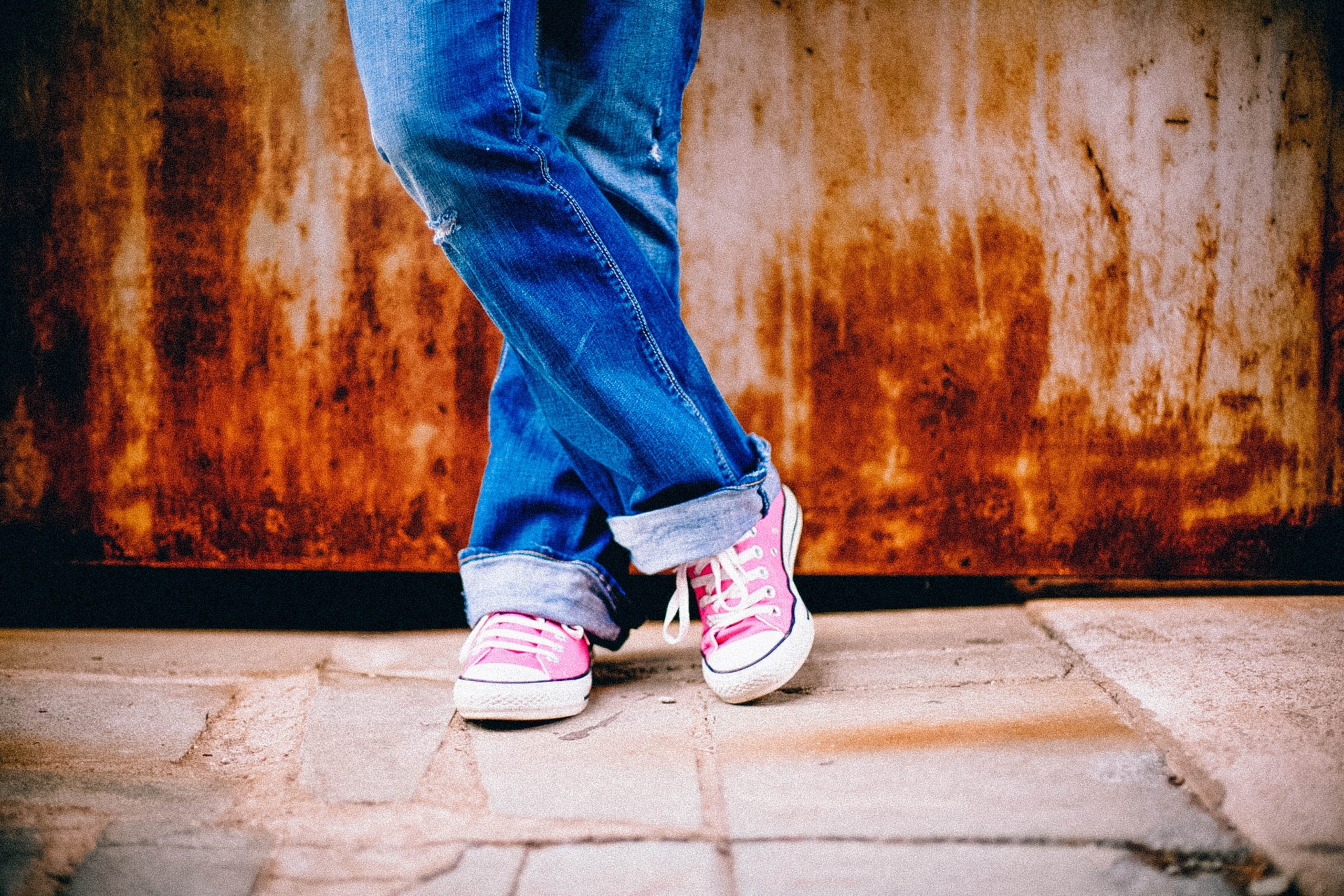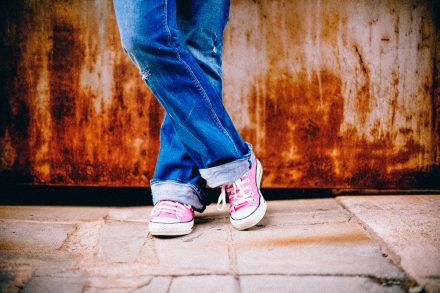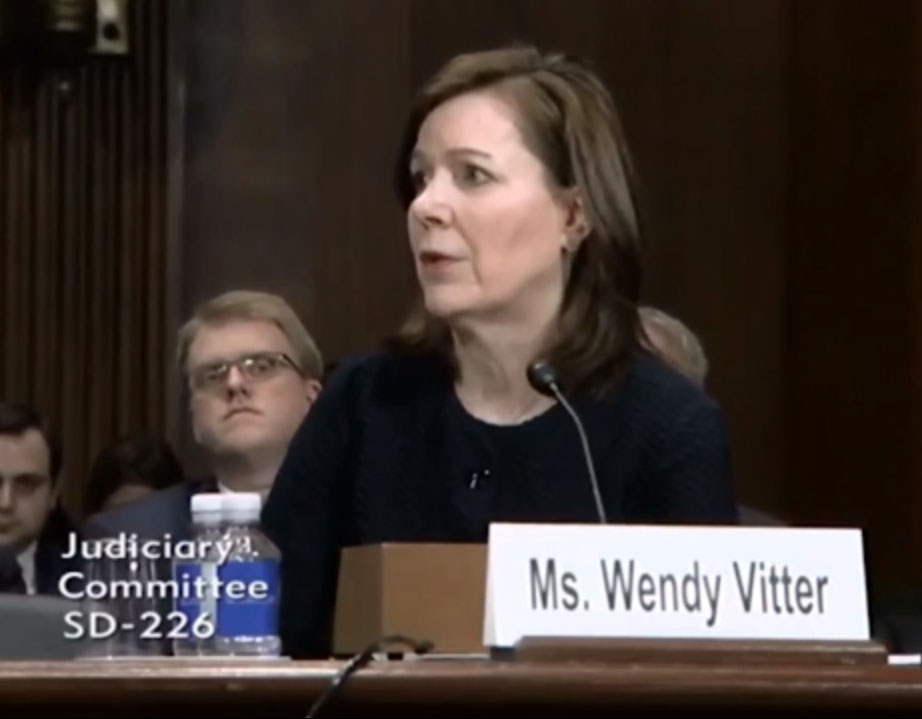Abortion rights, women of color, and LGBTQI+ people are under attack. Pledge to join us in fighting for gender justice.
Trauma and Learning: A Student’s Perspective


Monique Magdaleno is a student at UCLA and an Engagement and Mobilization Intern at National Women’s Law Center.
At 15 years old, I was groped by a stranger at my local park. I had just started my freshman year of high school and walking home after school was my daily routine. But after I was attacked, I became terrified of walking home alone because I was afraid it would happen again. The trauma and discomfort I felt then continues to follow me to this day.
Today, across the country girls — particularly girls of color, LGBTQ girls, and girls with disabilities — face similar or worse traumatic situations. In our Let Her Learn reports, we found that around 1 in 3 girls were survivors of or other types of violence, including more than 1 in 5 who reported that they had been kissed or touched without their consent. All of this is happening at much younger ages than folks seem to realize.
For a long time, I kept my experience a secret because I was afraid of what others would think. A lot of girls, including 32 percent in our survey, do nothing after being harassed or assaulted. Unfortunately, when we don’t get help to deal with our trauma, it doesn’t go away when the experience is over. Instead, it follows us throughout our lives, including while we’re at school.
Trauma isn’t a buzzword or an excuse — it’s a real and common obstacle that makes it difficult for girls to learn. Trauma makes it hard to feel safe enough to trust others, or focus on work. Instead, girls’ minds might replay scary memories of bad things that happened, or constantly scan for people and things that might hurt them. They might miss school because they don’t feel safe there, or while going to and from school. Trauma often makes survivors feel depressed, anxious, and angry, which can make it hard to control their tempers or be patient with classmates and teachers.
In school, however, there aren’t always opportunities to explain why you’re angry or upset, or to talk to a counselor who can help. And especially when you’re a girl of color, teachers and other people at school frequently misinterpret those normal reactions to trauma as “having an attitude” or being “defiant.” That’s a big reason why so many girls of color end up being punished, suspended, and expelled at higher rates than other girls.
As one of the girls in our focus groups said, “When you are going through something…I know personally, I start to shut down…it would be nice to have someone to go talk to about that.” Instead of ignoring or punishing girls like us when we experience trauma, we need caring educators who can recognize when something is wrong, and counselors who can help us cope with it. We need support systems and a learning environment that will include us and allow us to thrive.
To any girls out there dealing with trauma, you’re not alone. Here, you can share your story, and find resources like how to see if your school has unfair discipline policies. Together, we can end school pushout, and finally Let Her Learn.





